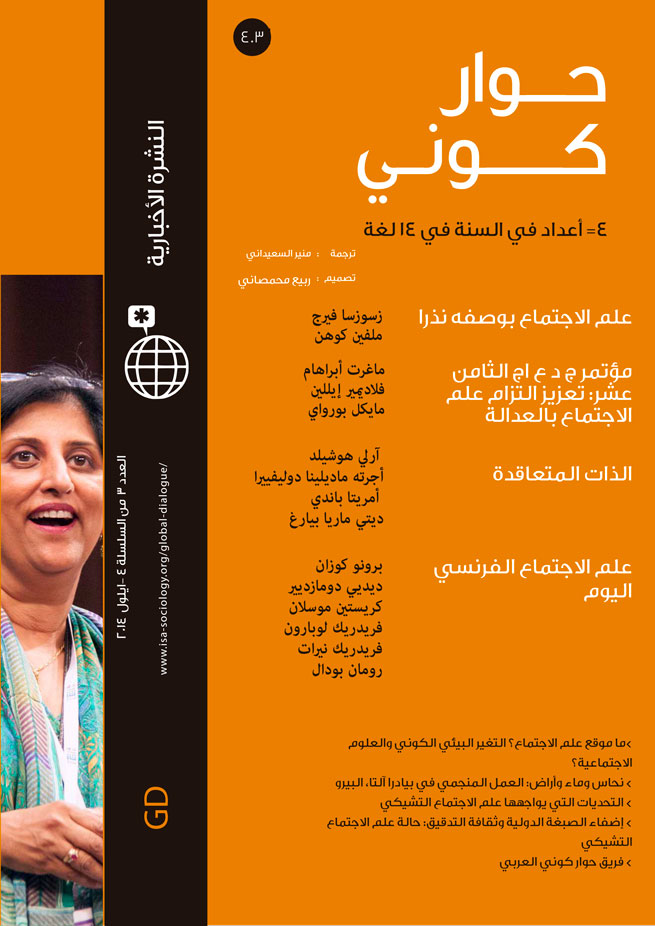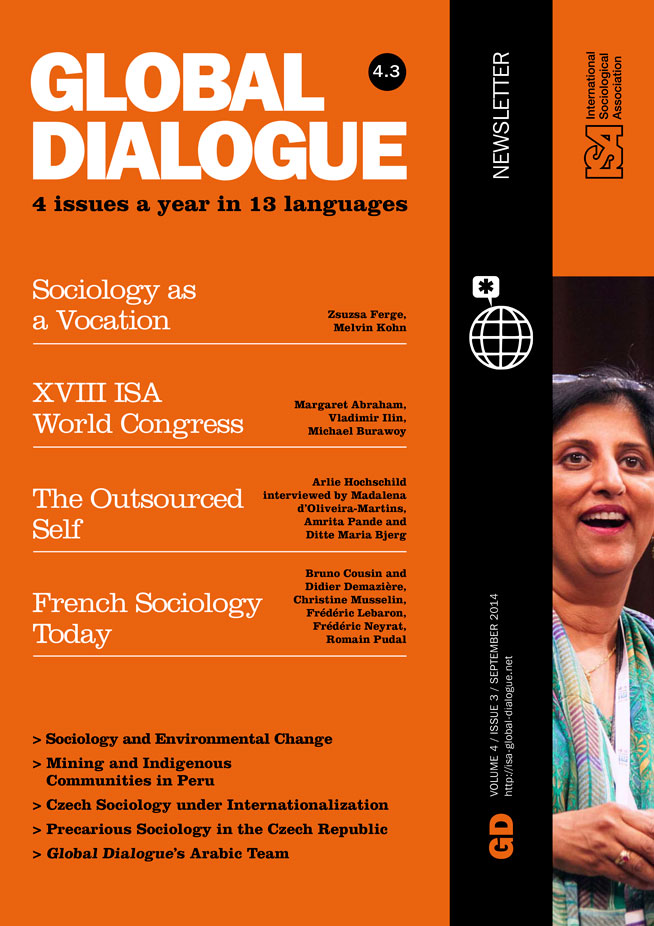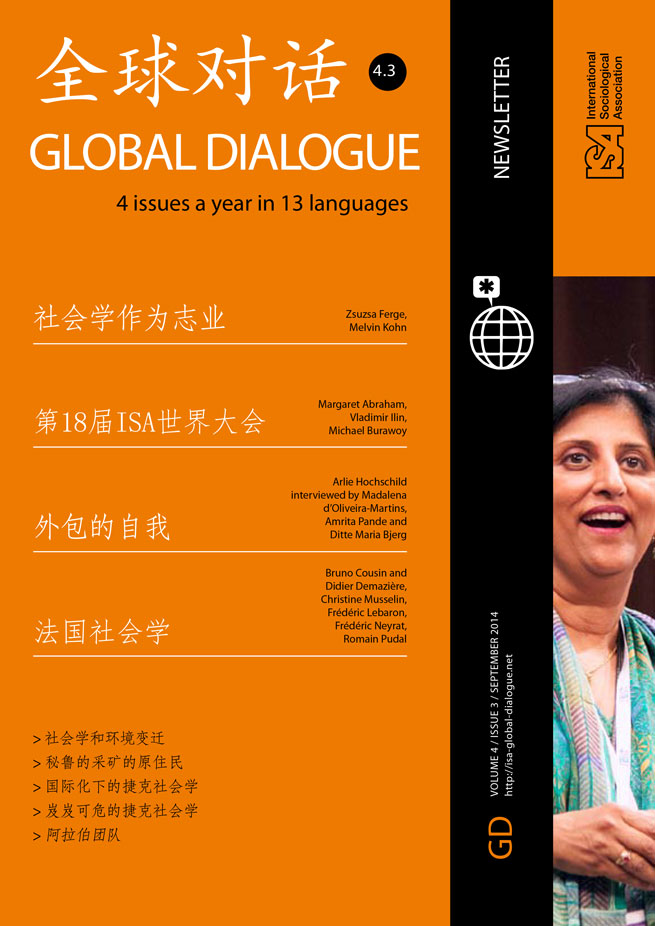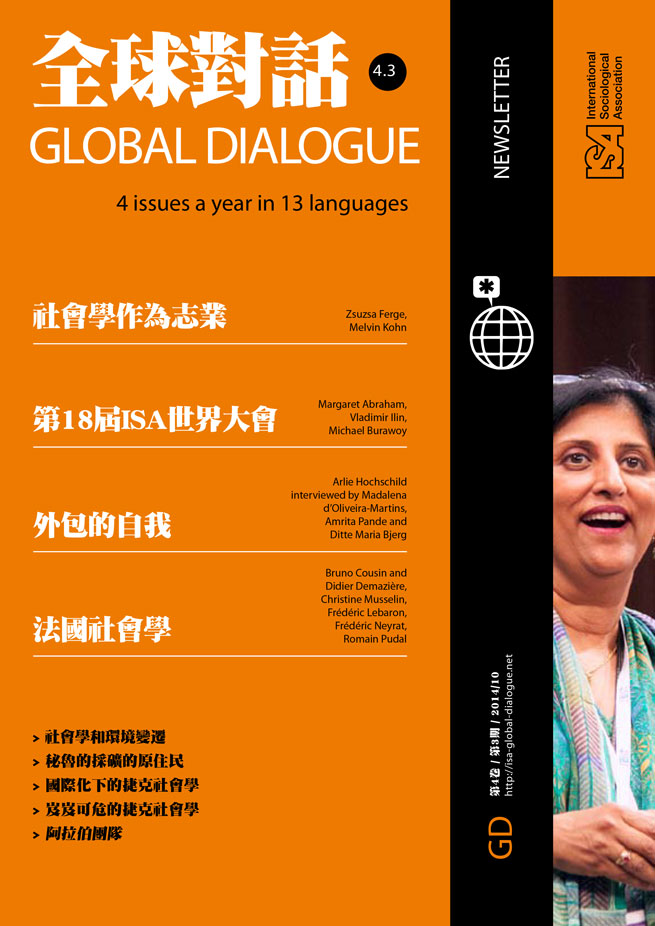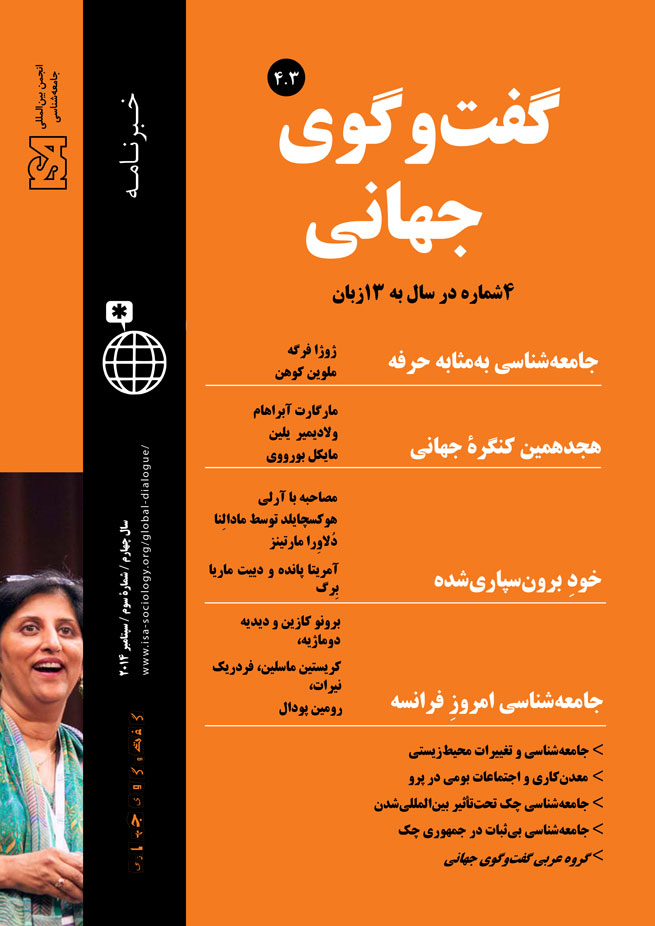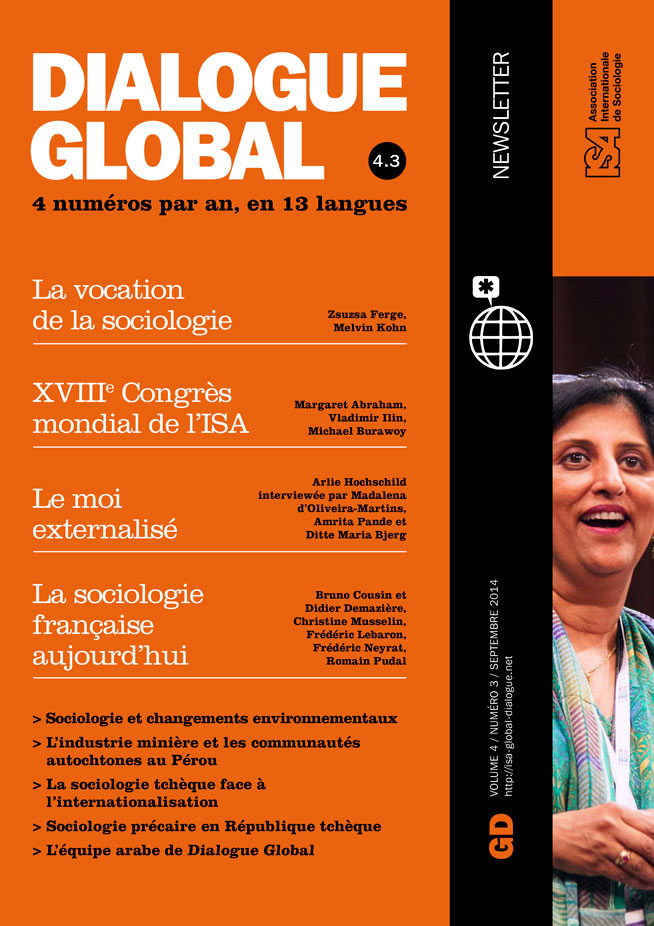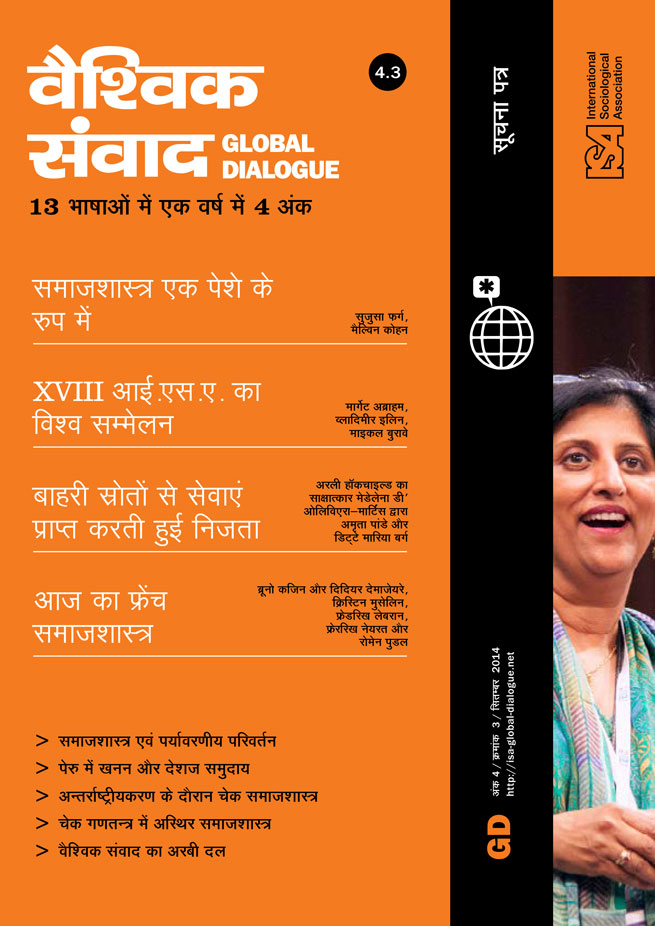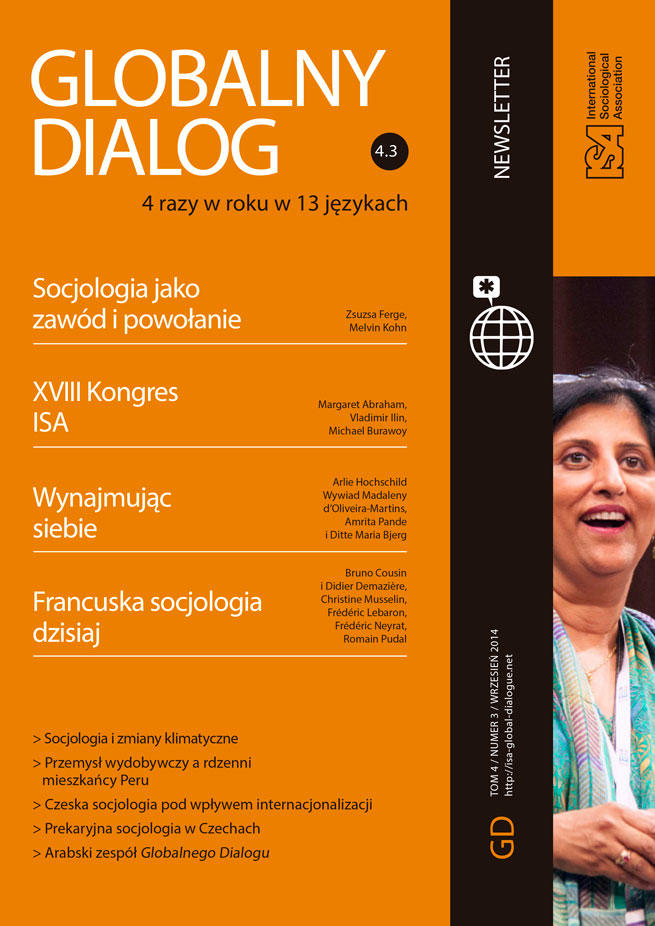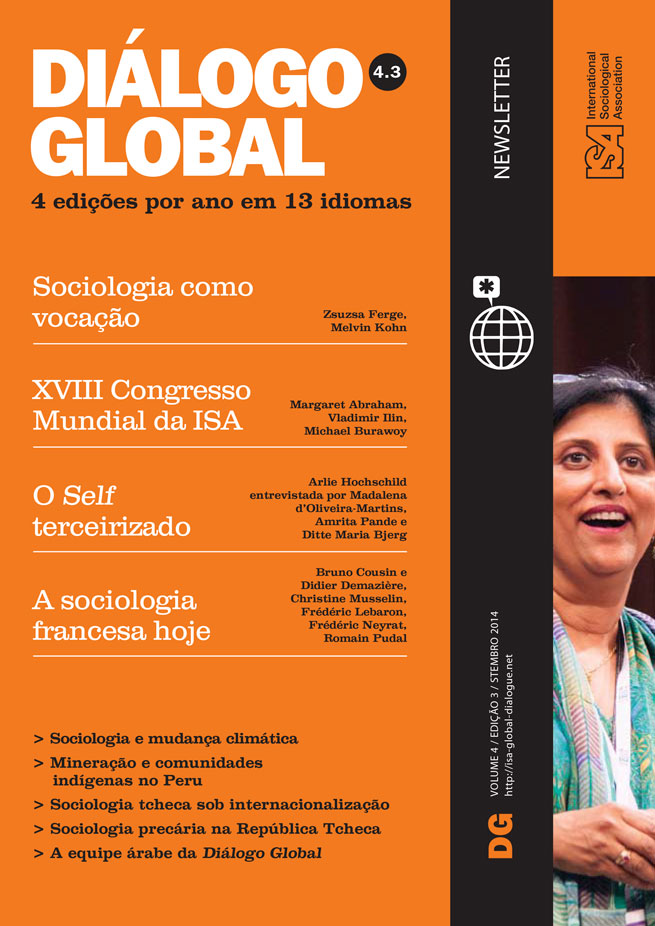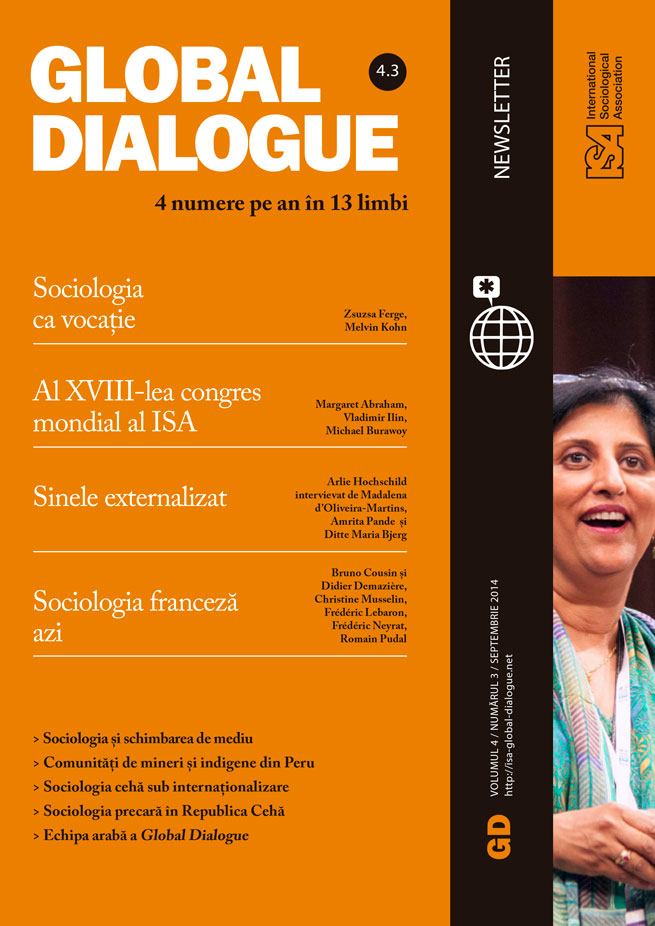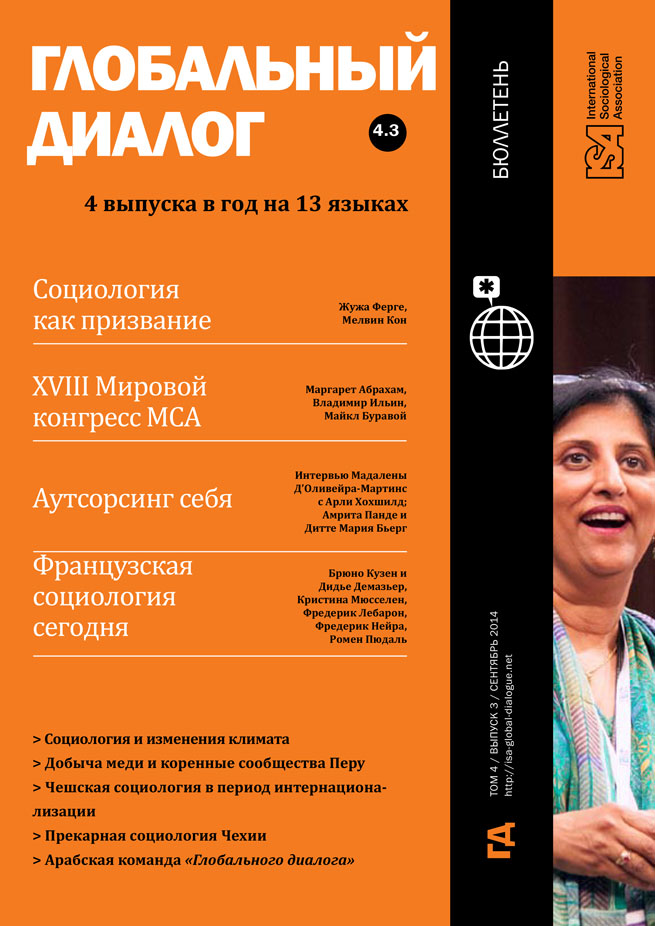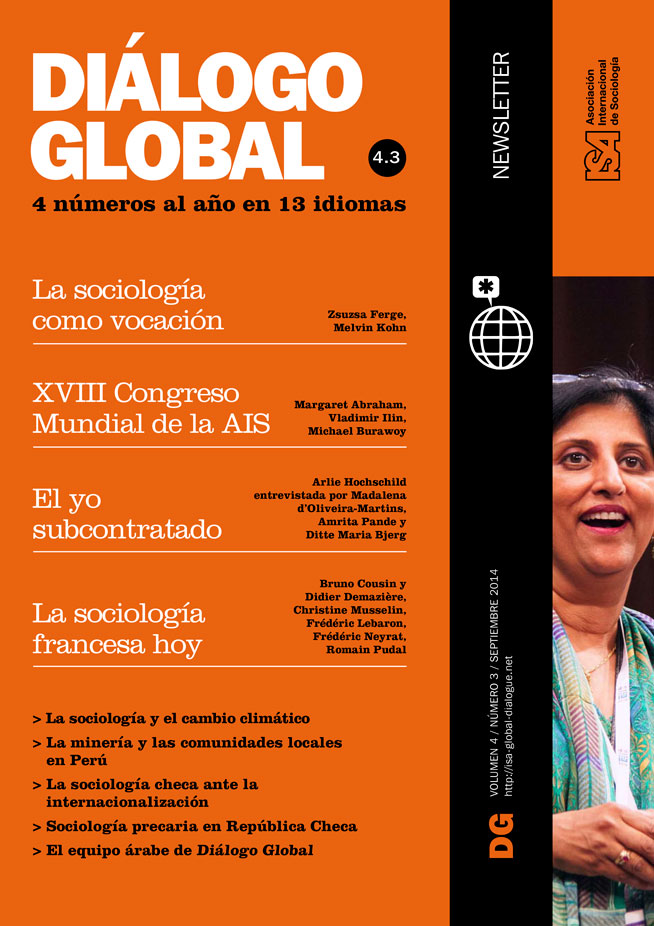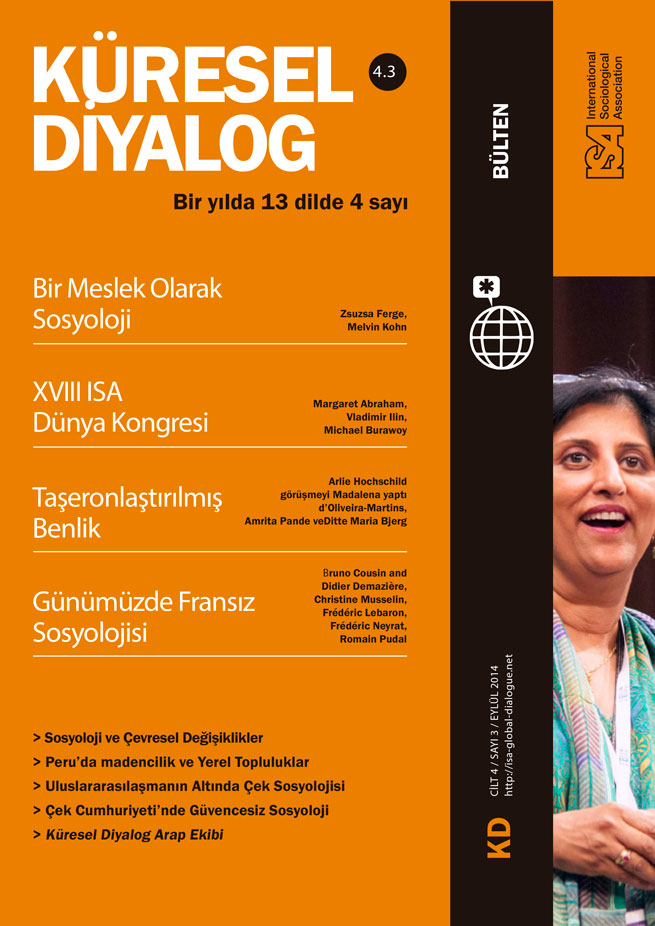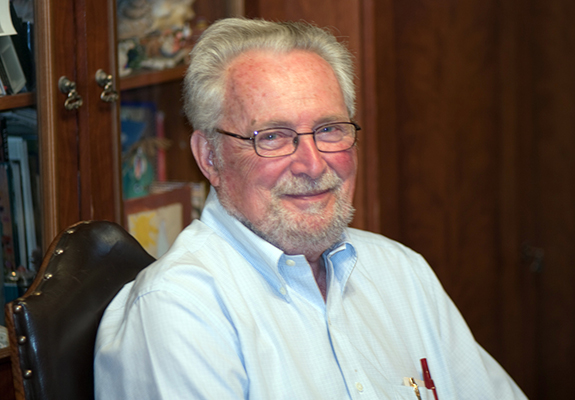Read more about Sociology as a Vocation

Sociologist by Desertion
by Zsuzsa Ferge
September 08, 2014
Melvin Kohn has been a pioneer in the study of the relation of social structure and personality. He is best known for his classic, Class and Conformity (1969 and expanded in 1977), that documents the close relationship between class and personality. Based on painstaking analysis of survey data he discovers a remarkable link between autonomy at work (freedom from supervision, complexity of tasks, and variety of work) and the degree of inner-direction. Conversely, occupations that involve routine, arduous, and monotonous work lead to conformity in people’s behavior. In an elaborate cohort analysis he shows how the relationship works both ways, that those with inner-directed personality successfully seek out corresponding types of work as well as being shaped by that work. He shows how personality affects many arenas of life, not least patterns of parenting and inter-generational transmission of behaviors. To discover how robust these relations are Kohn became an inveterate practitioner of and campaigner for cross-national comparisons, especially between capitalist and socialist countries, and then comparisons with countries undergoing dramatic social change. His many books and articles have followed and expanded this research program. Kohn has been amply decorated for his research, having been elected to the American Academy of Arts and Sciences and to President of the American Sociological Association. He became an enthusiastic supporter of the ISA, serving on its Executive Committee (1982-1990), using his influence there to foster international ties and collaborations.
After more than six decades as an empirical sociologist, I think that what principally differentiates me from my colleagues is a deep, even profound, engagement in collaborative research, especially during the four decades that I have been a bona fide cross-nationalist. The explanation is simple. I have a penchant for asking empirical questions about theoretical problems, especially about cross-national generality. Were our fascinating findings about the relationship between social structure and personality for the United States equally true of Western Europe’s democracies? If so, how about the communist countries of Eastern Europe? If true for the Soviet Union, how about for China? Another country, another language and culture. But I consider myself literate only in English and a little German. Solution? Bilingual collaborators.
It happened by accident. A post-doctoral study of schizophrenia in Maryland extended to a study of social structure and personality in Washington, D. C. A speculative paper about that study prompted my colleague, Carmi Schooler, to insist we had to test my claims by studying men employed in civilian occupations across the United States. That was my first taste of real collaboration, and it was tremendously exciting; never did two minds so completely complement each other.
But it was not yet cross-national. I got a taste of cross-national collaboration by working with Leonard Pearlin in Torino, Italy, comparing, and extending, my findings from Washington, D.C. Not truly collaborative – except for one crucial part, about the consistent relationship of parental social class (rather crudely measured) to parental valuation of self-direction – but truly cross-national.
Then came the real breakthrough. Wlodzimierz Wesolowski, the leading Marxist sociologist of Poland, invited me to give some lectures. I gladly came, enjoyed every moment of a week-long stay, and then Wesolowski (under a picture of Karl Marx) proposed to replicate my US studies. The Polish study was theirs: they would pay for it; they would own the data; they would call the shots. His protégé, Kazimierz (Maciek) Slomczynski would run the study, and I would serve as “technical consultant.”
The proposal was irresistible. Maciek and I worked intensively on developing methods for cross-cultural analysis of meaning and measurement of concepts that heretofore had been studied only intra-nationally, measuring both social class and social stratification for both a capitalist and a socialist country, using rigorously similar methods for both countries – with the marvelous help of Polish colleagues who devoted much time to working out such methods, and who were only too glad to see their efforts acknowledged.
Two books and several articles later, we offered compelling evidence that although social structure and personality differed significantly between the United States and Poland, they were for the most part similarly related to each other. In both countries, more advantaged social classes and people enjoying higher social status displayed higher levels of intellectual flexibility, more self-directness, and a stronger sense of well-being. More advantaged people enjoyed more complex work, were less closely supervised, and worked at less routinized tasks than did less advantaged people.
Meantime, by good fortune, Ken’ichi Tominaga and Atsushi Naoi brought Japan into the mix, and eventually we had a grand comparison of the United States, Poland, and Japan. Making allowances for cross-national variations in social class and stratification, the cross-national similarities were extraordinary, except for large differences between US and Polish manual workers in their levels of distress, with Japanese workers in between.
But, as Maciek and I watched Polish citizens challenge authoritarian rule, we asked a new question: how would a process of radical social change – as Poland became a democratic and decidedly Catholic country – change our comparative findings? Three sterling Polish collaborators – Krystyna Janicka, Bogdan Mach, and Wojciech Zaborowski – joined our team, and we extended our gaze to explore not only the social-structural situations and personalities of employed men, but also of employed women, and of the many Polish men and women who lost their jobs as capitalism embraced Poland.
But, how about the rest of communist Eastern Europe? It never had been easy (or even possible) to do a serious study of Eastern Europe, and I had never really tried. But now I looked for an opportunity to study Russia, and I asked a leading Soviet sociologist, Vladimir Yadov, to collaborate. He sadly replied that (even under Gorbachev) the subject was too sensitive. But he introduced me to two sociologists in Ukraine who would fit perfectly – a theoretician and social psychologist, Valeriy Khmelko, and a methodologist, Vladimir Paniotto. By the time we had designed our research, the Soviet Union had disintegrated – so Khmelko and Paniotto created in Ukraine the first serious survey research outfit in the history of the Soviet Union. From then on, for months, I shuttled back and forth between Warsaw and Kiev, coordinating the Polish and Ukrainian studies.
From the Polish-Ukrainian comparisons, we learned many things – especially, that both countries were becoming more like the United States and Japan (albeit at very different paces): the workers were distressed, as capitalism meant no change in job conditions, but did alter the relationships between workers and employers. By the end of our study, Polish workers could not be differentiated from US workers, and Ukrainian workers were not far behind. By the time the Poles felt that they had finished their research, the Ukrainians thought that they had just begun: things were happening more slowly in Ukraine and there was more to study. So the Ukrainians, who paid for their own research from the income of their thriving survey business, did a follow-up study, which I selfishly analyzed.
The Ukrainian follow-up study was a true extension of a cross-sectional analysis to a longitudinal study, made possible by re-interviewing the respondents from the original study. We found extraordinary instability of personality in Ukraine during those three years, unmatched except (by wild coincidence) in Mali (and perhaps in other parts of Africa), where Carmi Schooler was finding the same thing under rather similar circumstances. Still, the relationships between work and personality remained much the same for Ukraine during this period, although the magnitude of relationships diminished. Our causal models showed that under these extreme conditions of social instability, personality had little effect on social-structural position, but social-structural position continued to have just as strong an effect on personality as it had had under conditions of social stability.
But this was not the end. I had long been interested in China, and my wife egged me on. We traveled to China together, though she was afflicted by Alzheimer’s disease, so deeply that she had forgotten what I said in each lecture and enjoyed it all over again at the next university and the next lecture. She desperately wanted me to do a study of China, even though she would not live to see it done. There was considerable difficulty in finding just the right collaborators: I was keenly aware of how dependent on them I would be. But I lucked out, finding Lulu Li, and his protégé, Weidong Wang. I also recruited a graduate student, Yin Yue, who quickly took on the role of true collaborator. Weidong was a data-gatherer. He actually did the impossible, running five separate surveys in five selected cities, nearly simultaneously, working with one senior faculty member from each city and relying on local university students as interviewers. Yin, by contrast, was a novice, but he rapidly learned whatever was necessary.
The China research confirmed our findings from other countries, but not for the same reasons. For other countries, the linkages of class and stratification with such job conditions as complexity of work, closeness of supervision, and routinization, were key; but in China these job conditions explained very little of these relationships. In China, the explanation was that one social class, the self-employed, were aberrant: for them, and only for them, job conditions were irrelevant to personality. But why? I speculated, based on my wanderings around Beijing’s back alleys, that these guys were scrounging a living on the fringes of the economy, and what really mattered was the poverty of their conditions of life. Nice speculations, but who would believe me, when I couldn’t even speak Chinese? Fortunately, my two main collaborators provided data to support the answer. Long before, Weidong had included a question about respondents’ household registration, or hukou status, indicating whether respondents were officially registered as rural or urban. Then, one day, Yin came breathlessly into my office, bringing a pair of articles authored jointly by a noted Chinese scholar, Xiaogang Wu, and the preeminent American student of social stratification, Donald Treiman; Wu and Treiman had surveyed the very people who were at issue: migrants from rural areas who had been unable to escape their rural hukou when they came into the city. These poor guys could not get jobs in the regular economy, nor decent housing, nor schooling for their kids.
Here was the answer to our anomaly, provided for me by my two collaborators, one of whom had asked a survey question about household registration, the other of whom had found two splendid papers in journals not likely to be read by Chinese scholars. And my two Chinese collaborators were no different from my collaborators from all the other countries with whom I had worked: conscientious, thoughtful, serious, and helpful, a pleasure to work with.
Melvin L. Kohn, Johns Hopkins University, USA and member of the ISA Executive Committee, 1982-1990 <mel@jhu.edu>
This issue is not available yet in this language.
Request to be notified when the issue is available in your language.
If you prefer, you can access previous issues available in your language:
